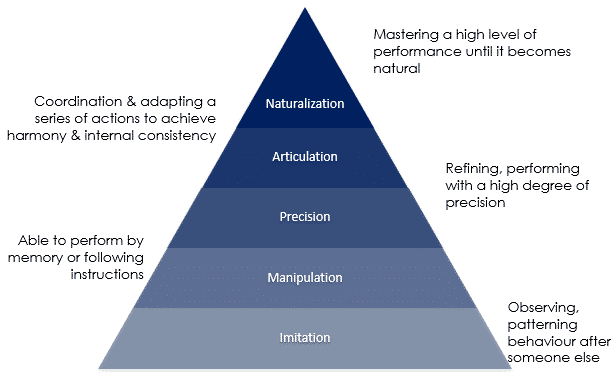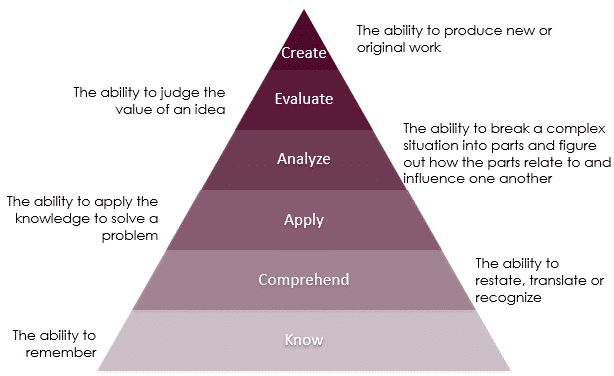About the IICFS ADVOCATES:
International Indigenous Child and Family Services (IICFS) exists to protect, advocate for, and empower Indigenous individuals and families worldwide. We are committed to ensuring the legal rights of Indigenous peoples are recognized, protected, and enforced, providing culturally sensitive family services, and fostering the education of tribal communities on their inherent rights.
Through global partnerships of the United Nations we are a UN Host Entity. IICFS is also member of NAIC judges association. We aim to restore dignity, offer representation, and build a future where every Indigenous child and family can thrive with pride in their heritage and security in their rights while decolonizing.
- Advocacy for Indigenous Legal Rights
Indigenous peoples are often excluded from the full benefits of legal representation, which can have devastating effects on their families and communities. IICFS, in partnership with tribal nations, advocates for the protection and enforcement of Indigenous rights. We promote legal reforms and policies that ensure Indigenous peoples have access to fair legal representation, particularly in areas involving child welfare, family reunification, and land rights. - Training and Education on Indigenous Laws and Rights
A core part of IICFS’s mission is educating Indigenous communities about their legal rights. Through targeted training programs for tribal members and families, we aim to increase awareness of the laws that affect Indigenous peoples, including those related to child welfare, land sovereignty, and social services. Empowering our communities with this knowledge helps ensure that future generations are equipped to advocate for themselves and their people. - Member of the National Treatment Court Alumni Association
https://ntcaa.net/
A link to read the International Labour Organization (ILO) convention of the UN.
What is the International Labour Organization Convention 107 (1957)?
Indigenous and Tribal Populations Convention, 1957 (No. 107) of the International Labour Organization (ILO) is an international instrument adopted to protect Indigenous populations from oppression and discrimination. The convention was drafted in the wake of rising concern about human rights following World War II. It is legally binding in the countries that have ratified it, but has since been amended in many countries by ILO Convention 169.
THE INDIAN CIVIL RIGHTS ACT OF 1968
SEC. 1301. (2) DEFINITIONS. For the purposes of this subchapter, the term (2) “powers of self-government” means and includes all governmental powers possessed by an Indian tribe, executive, legislative, and judicial, and all offices, bodies, and tribunals by and through which they are executed, including courts of Indian offenses; and means the inherent power of Indian tribes, herby recognized and affirmed, to exercise criminal jurisdiction over all Indians.
Training Cycle:

Training Hierarchies:


We train our Staff and use this to help OUR people thrive and become able to be self-dependent and self-sufficient.
This framework is hierarchical, meaning that learners must have a strong grasp of a subject at lower levels of cognition (e.g. knowledge, comprehension) before they will be able to operate at higher levels.
